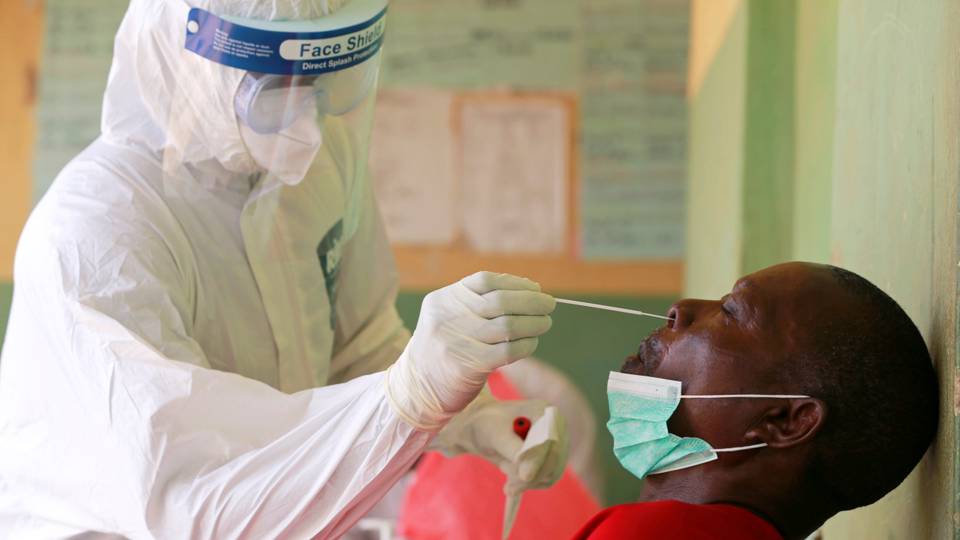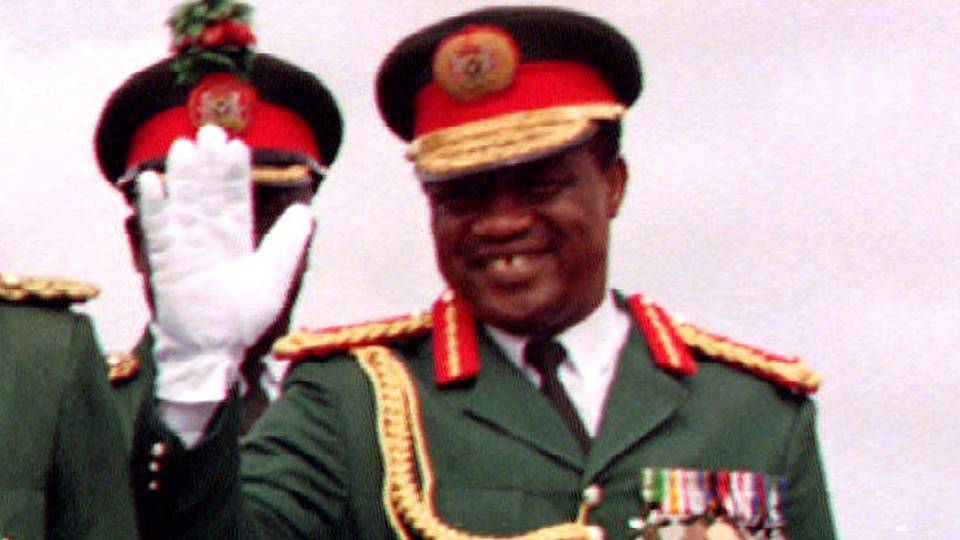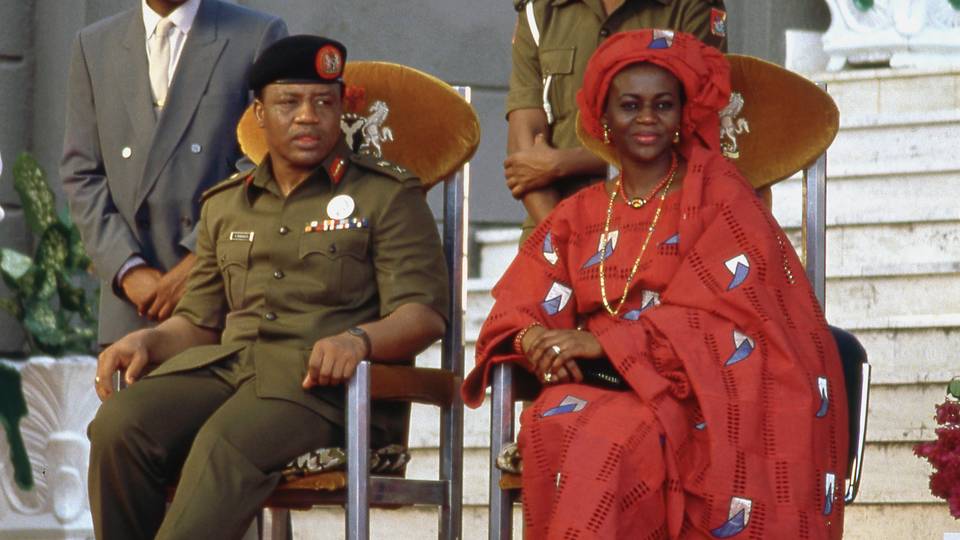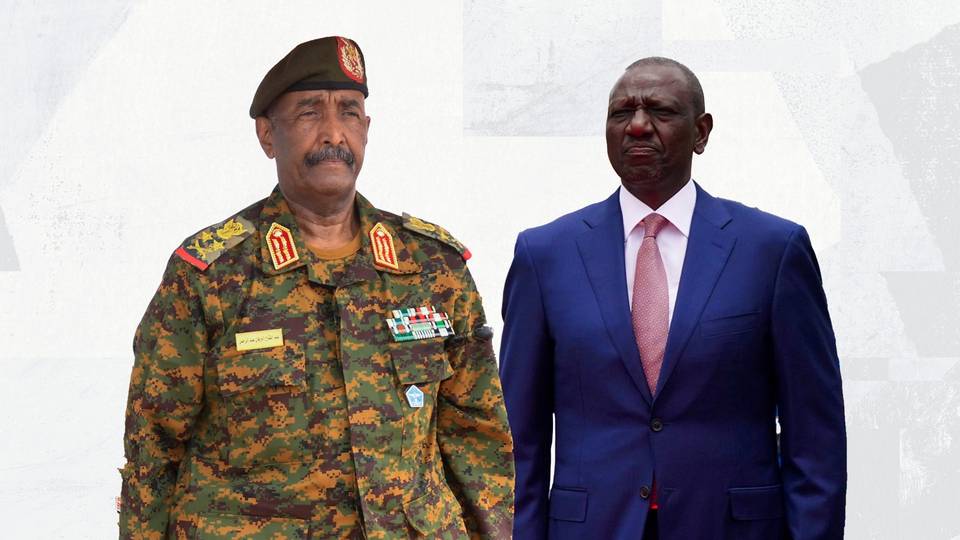Sport
Dollar
38,2552
0.34 %Euro
43,8333
0.15 %Gram Gold
4.076,2000
0.31 %Quarter Gold
6.772,5700
0.78 %Silver
39,9100
0.36 %The delay in finalising a global agreement to handle future pandemics will likely stretch by another year as developing countries fight for equitable access and distribution of resources if and when the next public health crisis strikes.

By Sylvia Chebet
The concept of shared vulnerability is a strong one. From people battling addiction to those seeking closure after suffering personal tragedies, acknowledgement of inter-vulnerability is often the first step towards catharsis.
In the larger context, the pandemic was a stark reminder that interconnectedness transcends geographical boundaries, ideologies, and individual well-being. The ravages of this global health crisis also proved that future safety hinges on a collective shield forged through collaboration.
But as the 77th World Health Assembly that concluded in Geneva showed, consensus doesn't come easy.
After two years of negotiations to reach a global agreement on handling future pandemics, the draft of such a pact could now be further prolonged because of the Geneva status quo.
The initiative dates back to 2021, when the World Health Organisation (WHO) was tasked with overseeing negotiations to determine how the world might better share scarce resources and effectively stop or respond to future pandemics.
The deadline for drafting a treaty on pandemic prevention, preparedness and response was the last World Health Assembly, which brought together health ministers from WHO's 194 member states.
However, as the assembly concluded, Roland Driece, co-chair of WHO's negotiating board for the agreement, acknowledged that countries could not immediately agree on a draft.
"We are not where we hoped we would be when we started this process," he said, adding that finalising an international agreement on responding to a pandemic was critical "for the sake of humanity".

Health activist Maziko Matemba from Malawi, who attended the conference, was among those who had been hoping for a breakthrough.
Malawi, in East Africa, was among the countries on the continent that bore the brunt of the Covid-19 spread because of challenges ranging from inadequate healthcare financing to critical shortages of trained personnel.
"A pandemic treaty, if and when signed, should reflect the ground reality. If it isn't framed well, the purpose of having an agreement will be defeated," Matemba tells TRT Afrika.
Cautious optimism
WHO director-general Tedros Adhanom Ghebreyesus remains hopeful that a treaty will happen.
During his address on the final day of negotiations, he insisted, "This is not a failure. We will try everything — believing that anything is possible — and make this happen because the world still needs a pandemic treaty."
Precious Matsoso, also co-chair of WHO's negotiating board for the proposed pandemic treaty, echoed Ghebreyesus. "We will make sure that this happens because when the next pandemic hits, it will not spare us," she said.
The initially proposed draft of the treaty attempted to address the gaps in access to Covid-19 vaccines between developed and developing countries.
However, differences over the dissemination of information about emerging pathogens and the sharing of technologies to fight them reportedly stalled the talks.

The latest draft proposes that WHO receive 20% of the production of pandemic-related products like specialised tests, treatments, and vaccines. It also urges countries to disclose their deals with private companies.
Most developing countries feel it is unfair that they might be expected to provide virus samples to help develop vaccines and treatments, yet cannot afford them when these are rolled out.
Funding challenges
Matemba sees funding as a sticky issue.
"Where the funds are going to come from is a disputed topic," he tells TRT Afrika. "How do we ensure there's more money for health, but also more health for the money?"
Matemba, who was part of a climate and health panel at the conference, believes public health is at the epicentre of all the global challenges, affecting Africa disproportionately.
"In the case of Malawi, we are still to recover from the impact of Cyclone Freddy. Relief efforts have been hamstrung primarily by lack of funding," he says.
Cyclone Freddy struck in March 2023 and lasted 36 days, leaving about 500,000 people in Malawi displaced and damaging public and private assets valued at almost a billion US dollars.
➤ Click here to follow our WhatsApp channel for more stories.
Comments
No comments Yet




















Comment